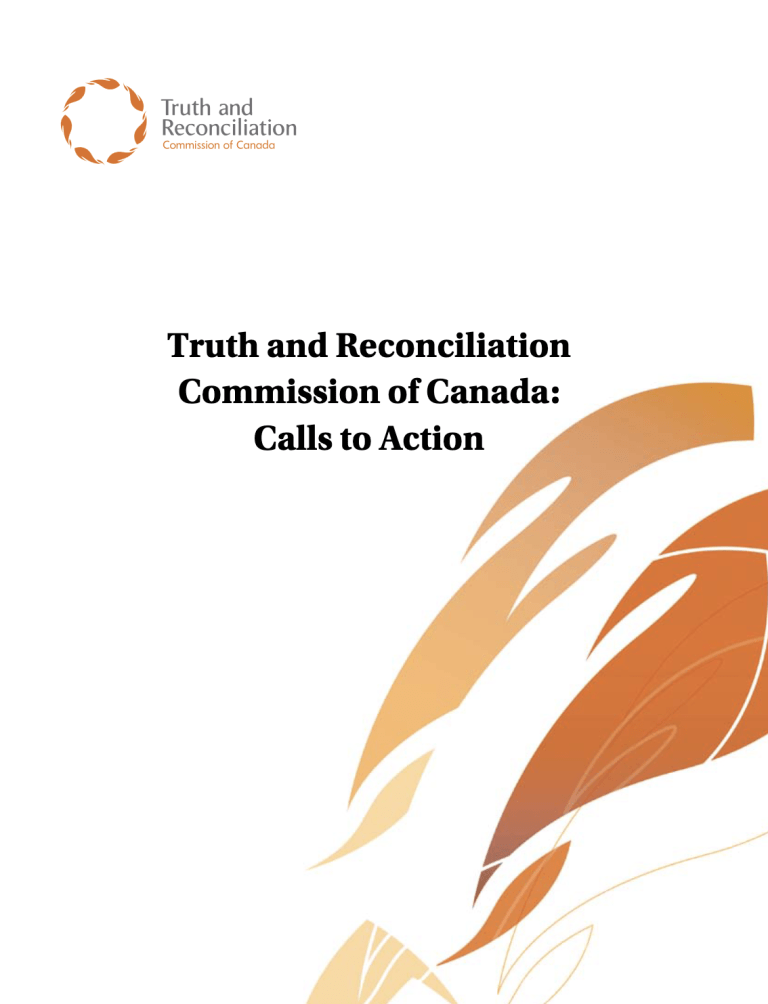18 search results
for
Interacting with criminal justice system
Legacy
Justice
Recommendation 37: We call upon the federal government to provide more supports for Aboriginal programming in halfway houses and parole services.-
Category and theme:
Audience:
Groups affected:
Location of recommendation:
Legacy
Justice
Recommendation 38: We call upon the federal, provincial, territorial, and Aboriginal governments to commit to eliminating the overrepresentation of Aboriginal youth in custody over the next decade.-
Category and theme:
Audience:
Groups affected:
Location of recommendation:
Legacy
Justice
Recommendation 39: We call upon the federal government to develop a national plan to collect and publish data on the criminal victimization of Aboriginal people, including data related to homicide and family violence victimization.-
Category and theme:
Audience:
Groups affected:
Location of recommendation:
Legacy
Justice
Recommendation 40: We call on all levels of government, in collaboration with Aboriginal people, to create adequately funded and accessible Aboriginal-specific victim programs and services with appropriate evaluation mechanisms.-
Category and theme:
Audience:
Groups affected:
Location of recommendation:
Legacy
Justice
Recommendation 41: We call upon the federal government, in consultation with Aboriginal organizations, to appoint a public inquiry into the causes of, and remedies for, the disproportionate victimization of Aboriginal women and girls. The inquiry’s mandate would include:- Investigation into missing and murdered Aboriginal women and girls.
- Links to the intergenerational legacy of residential schools.
-
Category and theme:
Audience:
Groups affected:
Location of recommendation:
Legacy
Justice
Recommendation 42: We call upon the federal, provincial, and territorial governments to commit to the recognition and implementation of Aboriginal justice systems in a manner consistent with the Treaty and Aboriginal rights of Aboriginal peoples, the Constitution Act, 1982, and the United Nations Declaration on the Rights of Indigenous Peoples, endorsed by Canada in November 2012.-
Category and theme:
Audience:
Groups affected:
Location of recommendation:
Reconciliation
Equity for Aboriginal people in the legal system
Recommendation 50: In keeping with the United Nations Declaration on the Rights of Indigenous Peoples, we call upon the federal government, in collaboration with Aboriginal organizations, to fund the establishment of Indigenous law institutes for the development, use, and understanding of Indigenous laws and access to justice in accordance with the unique cultures of Aboriginal peoples in Canada.-
Category and theme:
Audience:
Groups affected:
Location of recommendation:
Reconciliation
National Council for Reconciliation
Recommendation 55: We call upon all levels of government to provide annual reports or any current data requested by the National Council for Reconciliation so that it can report on the progress towards reconciliation. The reports or data would include, but not be limited to:- The number of Aboriginal children—including Métis and Inuit children—in care, compared with non-Aboriginal children, the reasons for apprehension, and the total spending on preventive and care services by child-welfare agencies.
- Comparative funding for the education of First Nations children on and off reserves.
- The educational and income attainments of Aboriginal peoples in Canada compared with non-Aboriginal people.
- Progress on closing the gaps between Aboriginal and non-Aboriginal communities in a number of health indicators such as: infant mortality, maternal health, suicide, mental health, addictions, life expectancy, birth rates, infant and child health issues, chronic diseases, illness and injury incidence, and the availability of appropriate health services.
- Progress on eliminating the overrepresentation of Aboriginal children in youth custody over the next decade.
- Progress on reducing the rate of criminal victimization of Aboriginal people, including data related to homicide and family violence victimization and other crimes.
- Progress on reducing the overrepresentation of Aboriginal people in the justice and correctional systems.
-
Category and theme:
- Decolonization and Indigenous rights ,
- Economic inequality ,
- Education and employment ,
- Health ,
- Health, wellness and services ,
- Indigenous children and youth in care ,
- Indigenous issues in policing and justice ,
- Mental health and detention ,
- Policing and the criminal justice system ,
- Poverty and economic inequality ,
- Pre-natal care ,
- Public services
Audience:
Groups affected:
Location of recommendation:
